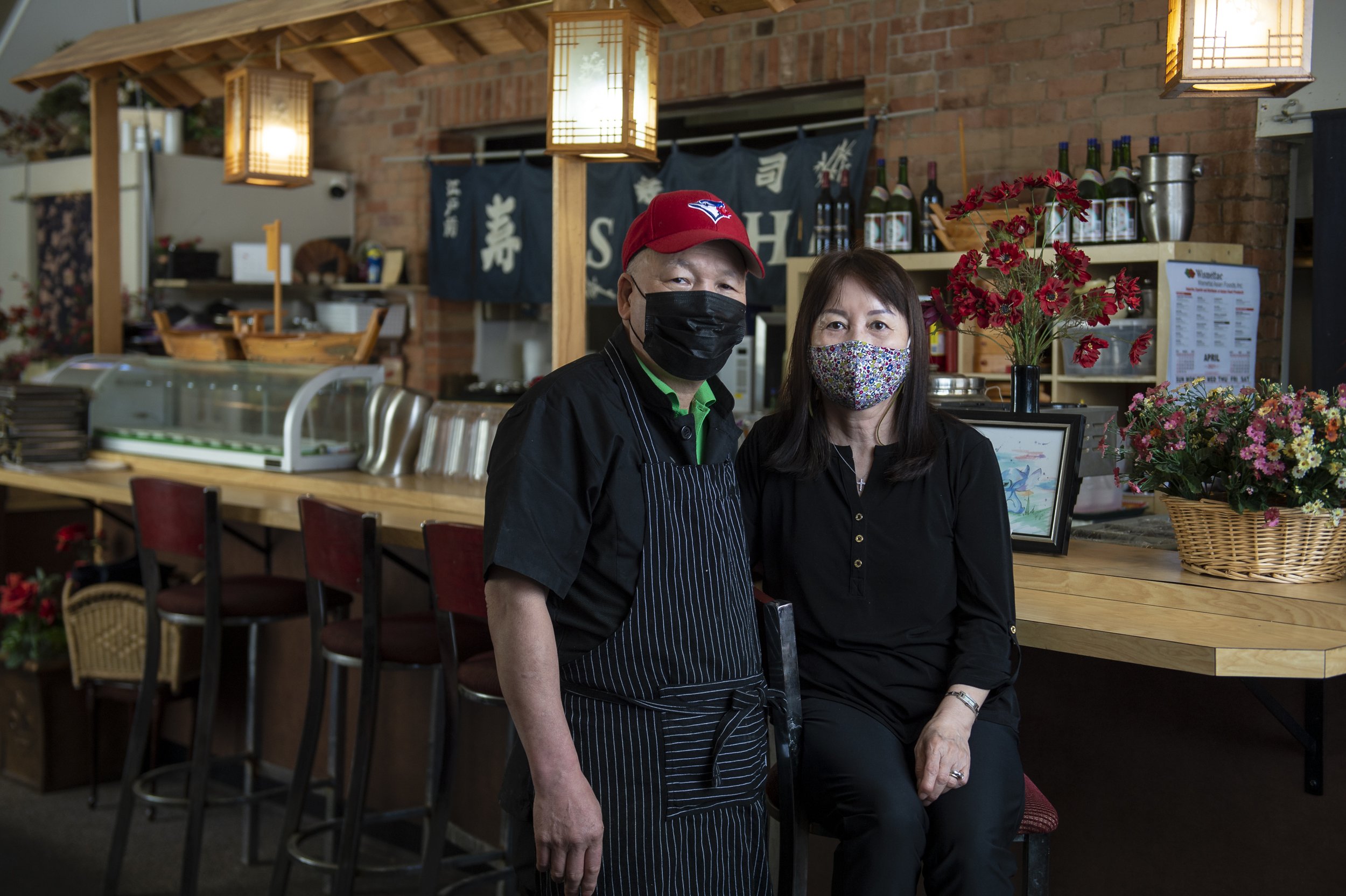
Project published by CBC
James Park and Christine Maki
Excerpt from the story below.
They are among the first spaces where people in Ottawa’s Korean community gathered after arriving in the city — and where the next generations grew up.
But after decades of keeping the lights on, the chefs and owners at some long-standing restaurants, stores and other institutions in the community are thinking about closing their doors, and the pandemic didn’t help.
![Freelance photographer James Park, who came to Canada from Korea when he was 13 describes these as “spaces where I can relate, make connections and to a degree, find refuge.” “I wanted to ask about [the owners’] immigrant experience and why they co](https://images.squarespace-cdn.com/content/v1/54c15312e4b08c8849f3f3e0/1673540189136-QDTG0PEWHGSBI1Z6FHPD/_ND40432.jpg)
Freelance photographer James Park, who came to Canada from Korea when he was 13 describes these as “spaces where I can relate, make connections and to a degree, find refuge.”
“I wanted to ask about [the owners’] immigrant experience and why they continue to operate the space,” he said. Park also provided translation.
Follow the link below for the full story.
https://newsinteractives.cbc.ca/longform/spaces-and-faces-of-the-korean-community
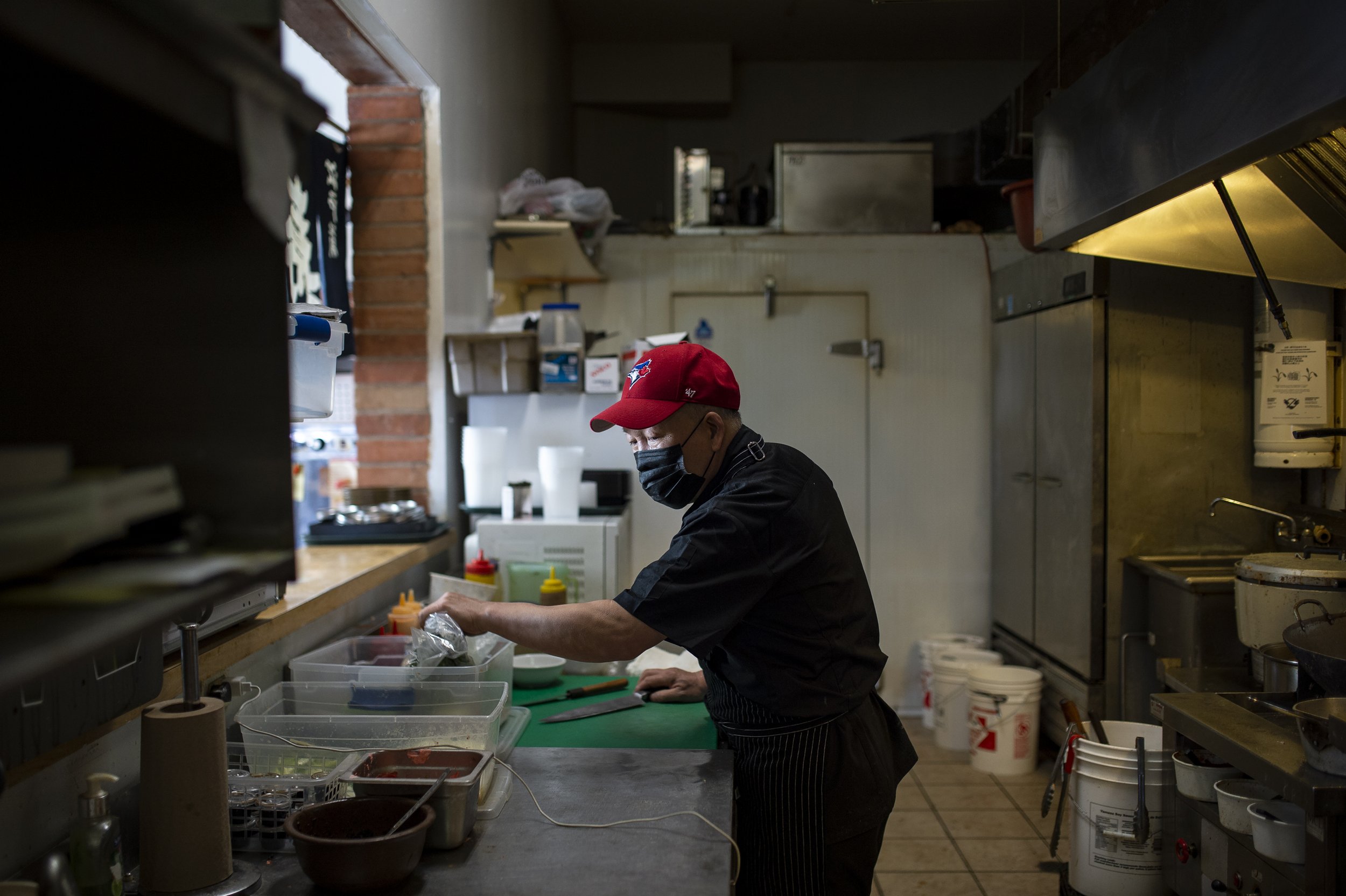
For longtime Ottawa chef and restaurant-owner Sang Kon Jo, when customers stopped asking for Korean BBQ and started asking for more obscure delicacies, he realized how much taste buds had changed for people in his adoptive city during the many years he’d been cooking here.
“Nowadays because of K-pop and other influences, customers have been trying spicy foods and the response has been better than I thought,” he said.
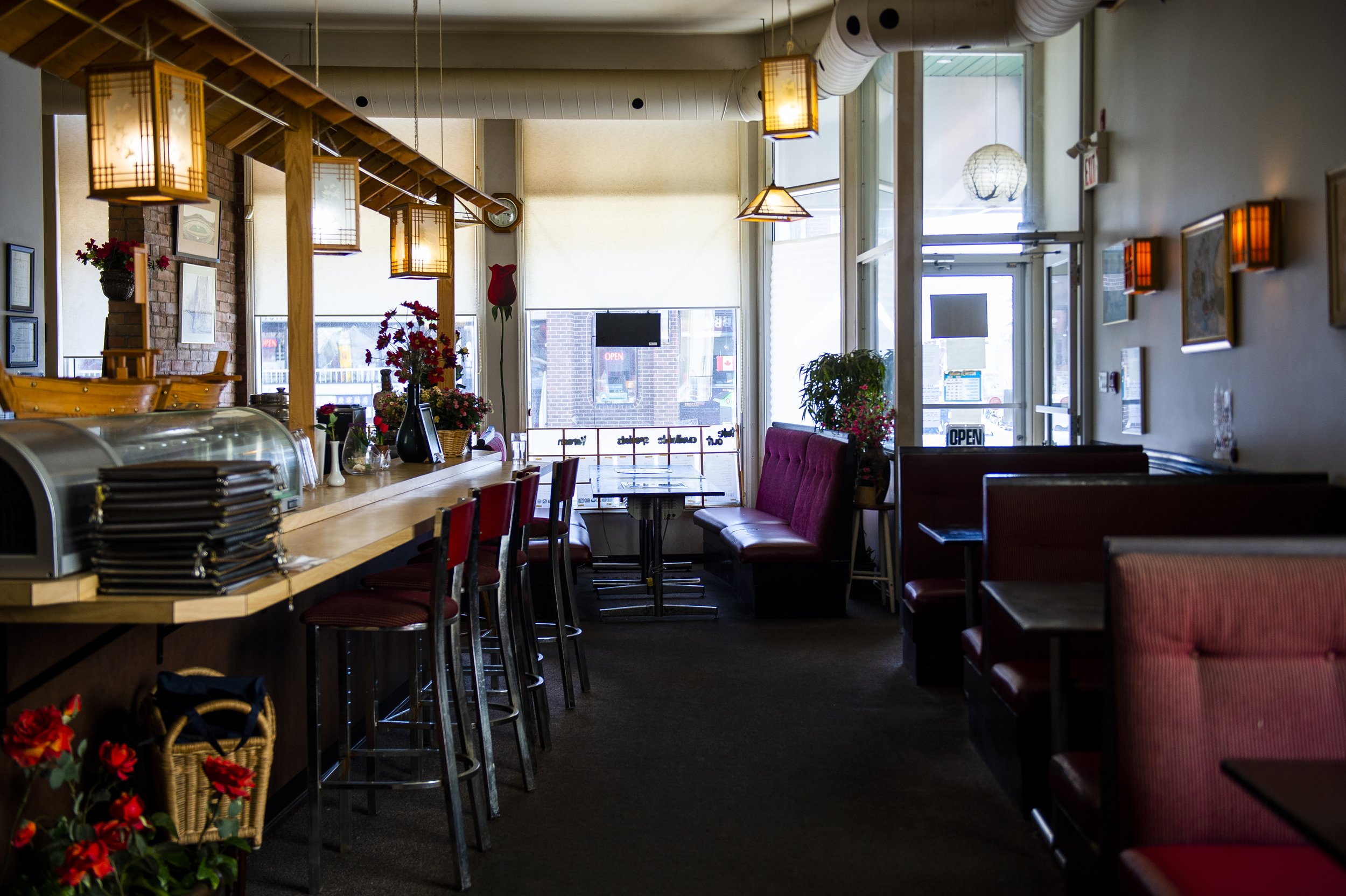
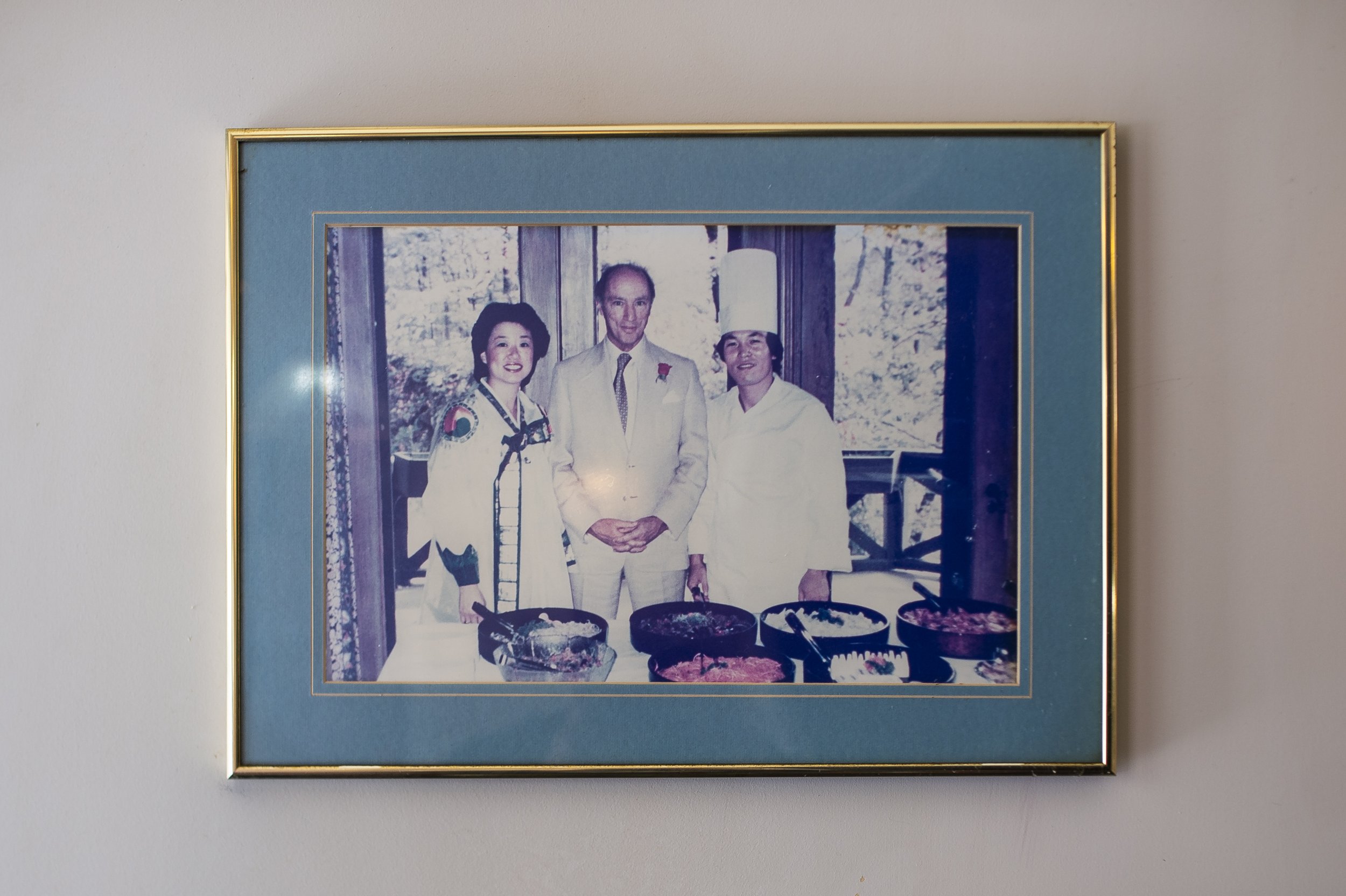
SangKon started cooking in Ottawa in 1983 at Alilang, which was then the only Korean restaurant in Ottawa.
“Pierre Trudeau used to come and Justin Trudeau used to come holding the hand of his dad. During the last election, I closed the restaurant for the first time to go vote for Justin,” he recalled.
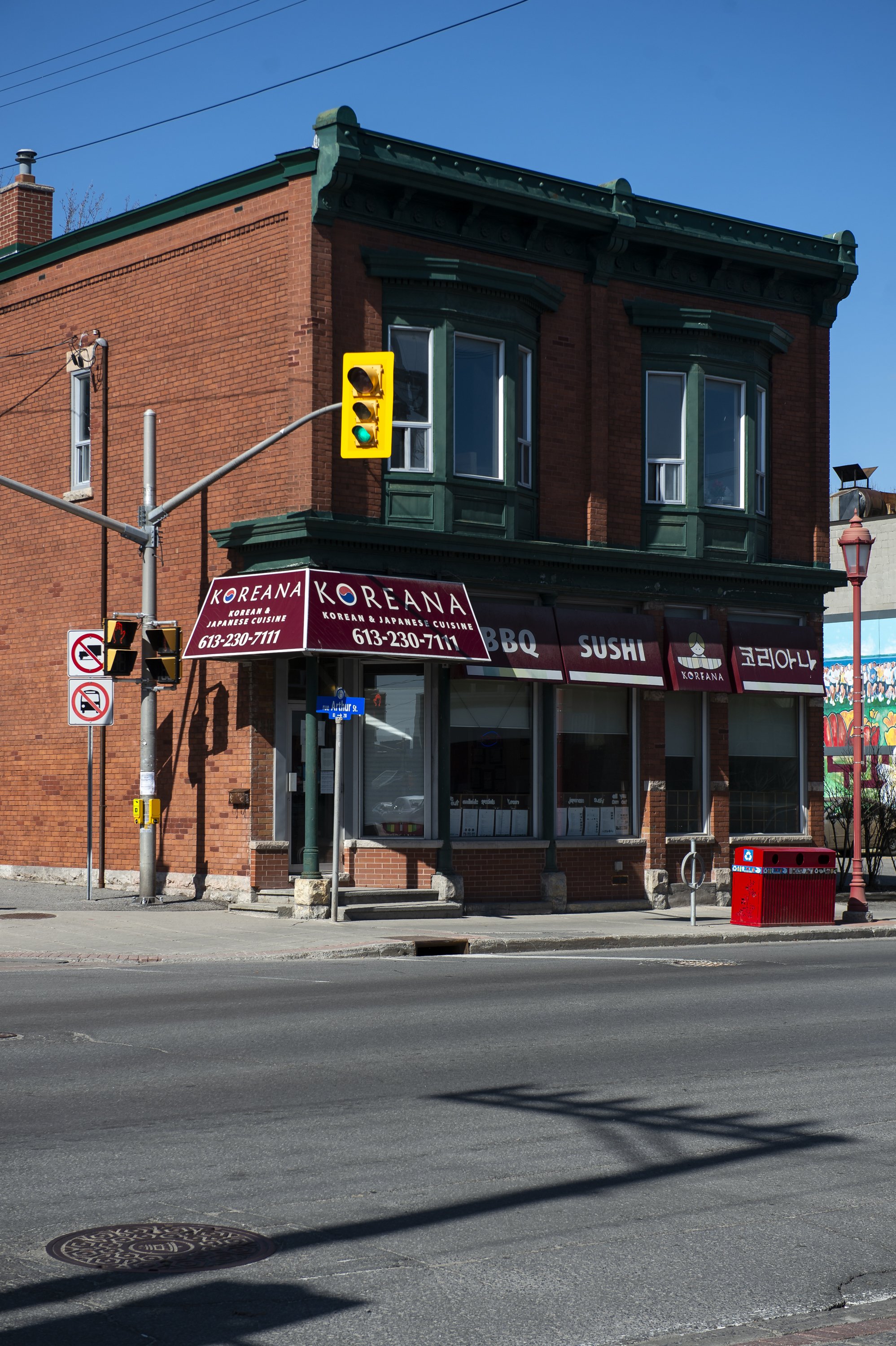
![On the other side of the Queensway, the co-owners of a relatively new Korean grocery store also see their space as open to the community — and those wanting to learn more about the culture — even if it is also a business. “Something [founder] Mr. Y](https://images.squarespace-cdn.com/content/v1/54c15312e4b08c8849f3f3e0/1673540270601-BMZ0HWZ67M68ODYHS0GP/_DSC5553.jpg)
On the other side of the Queensway, the co-owners of a relatively new Korean grocery store also see their space as open to the community — and those wanting to learn more about the culture — even if it is also a business.
“Something [founder] Mr. Yang considers a lot is making sure to have items that Korean customers need available but doesn't necessarily have high profitability. He tries to think like a Korean customer,” explained SuJeong Yang, 26, who is the youngest co-owner of the store, which opened just three years ago.
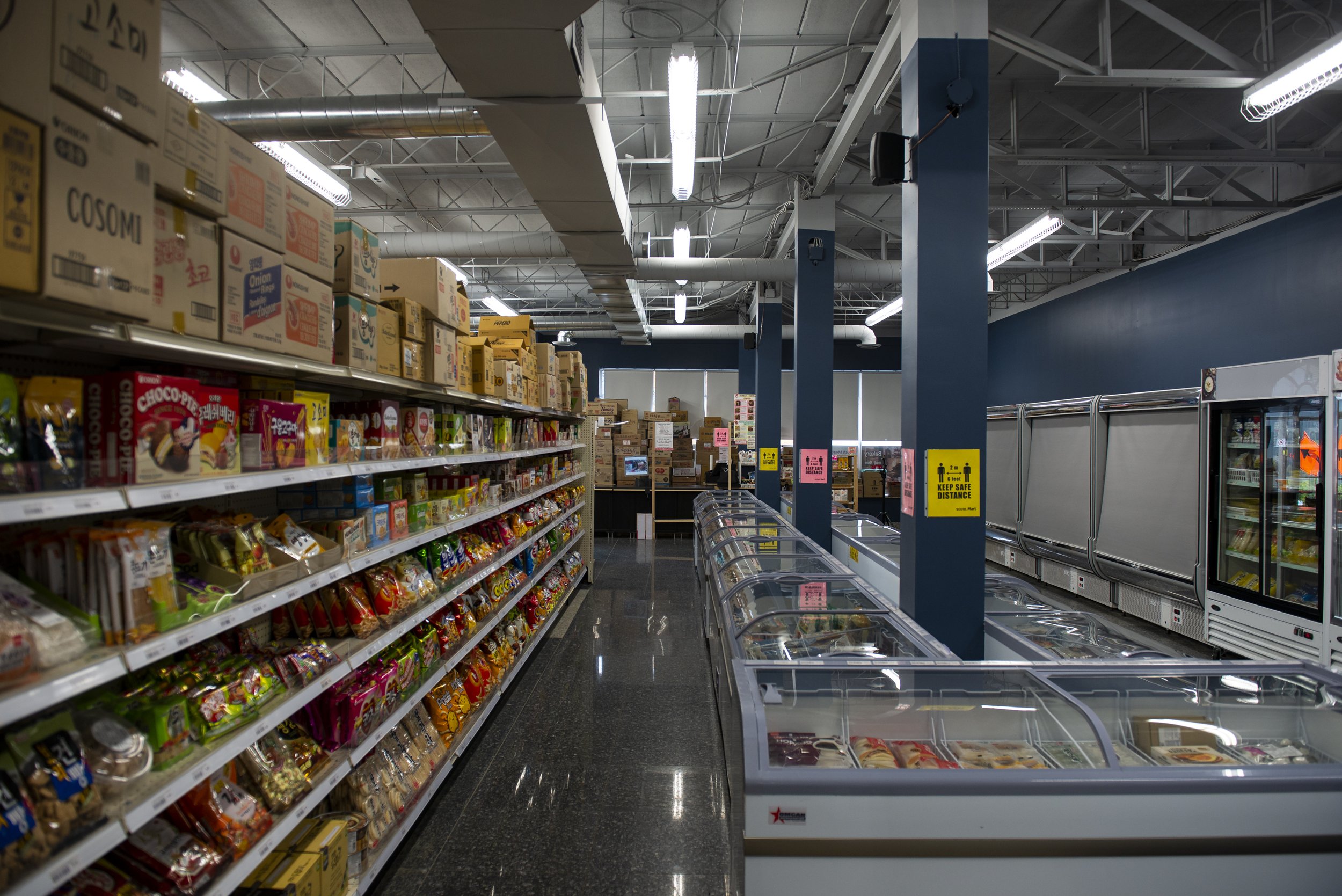
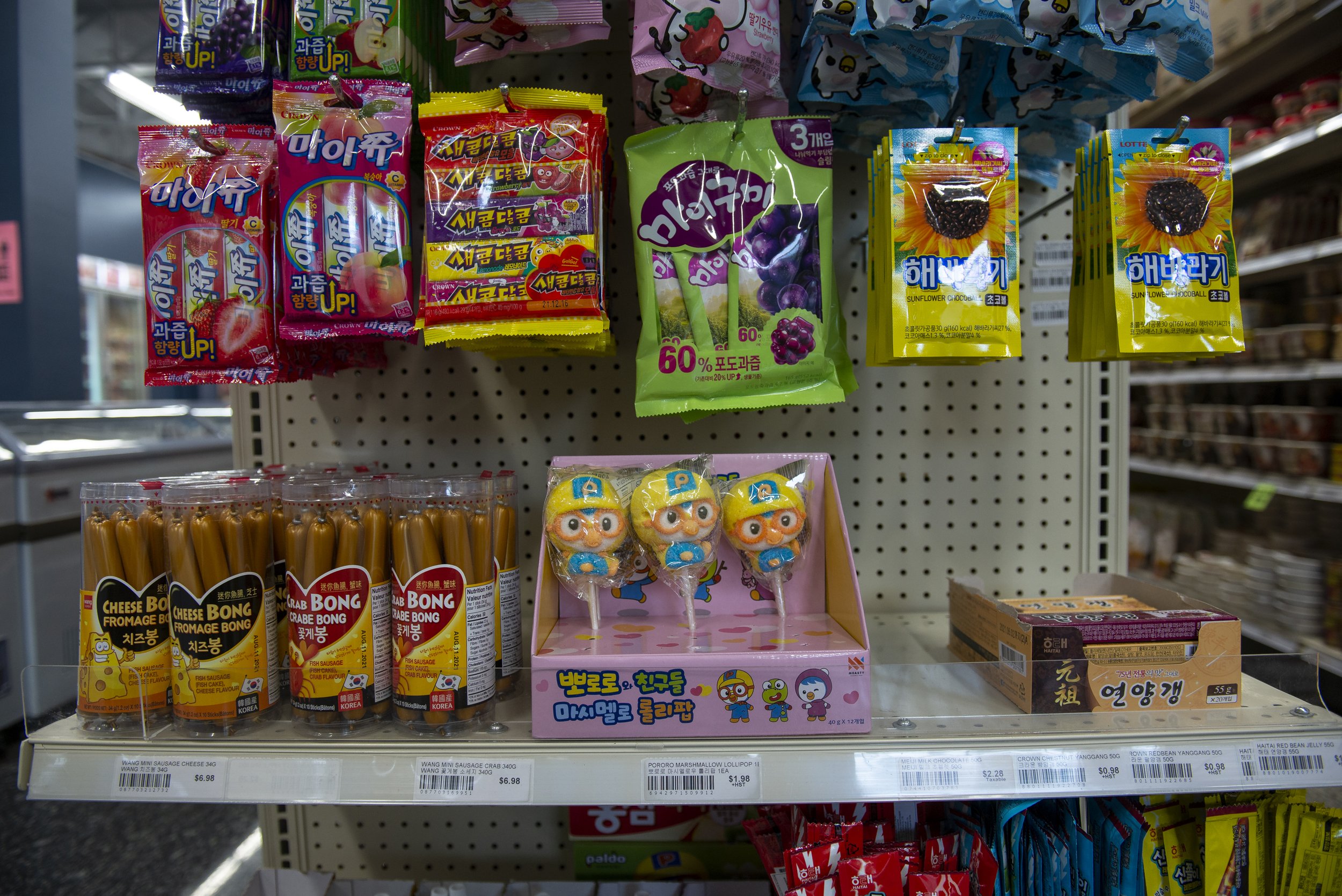
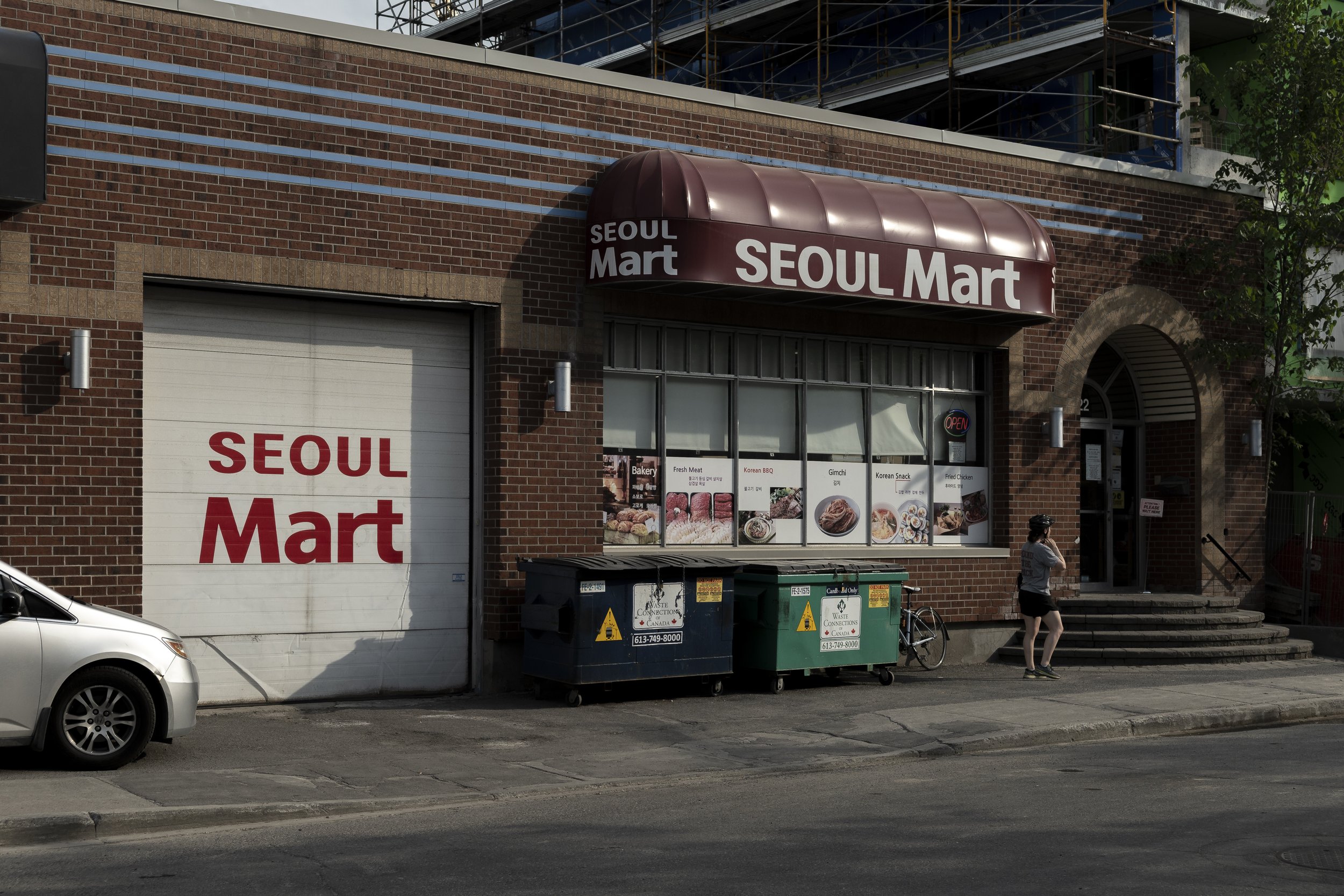
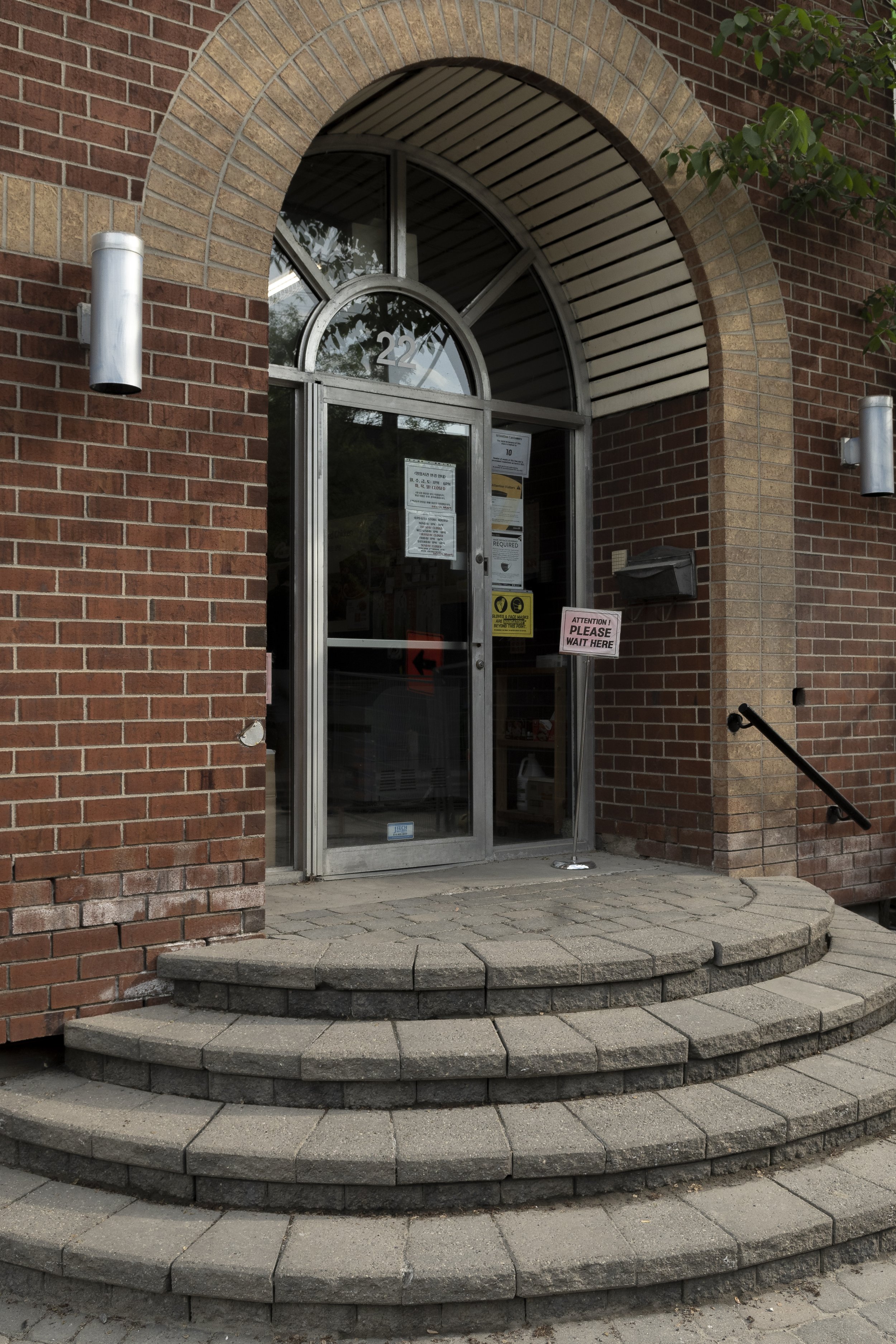
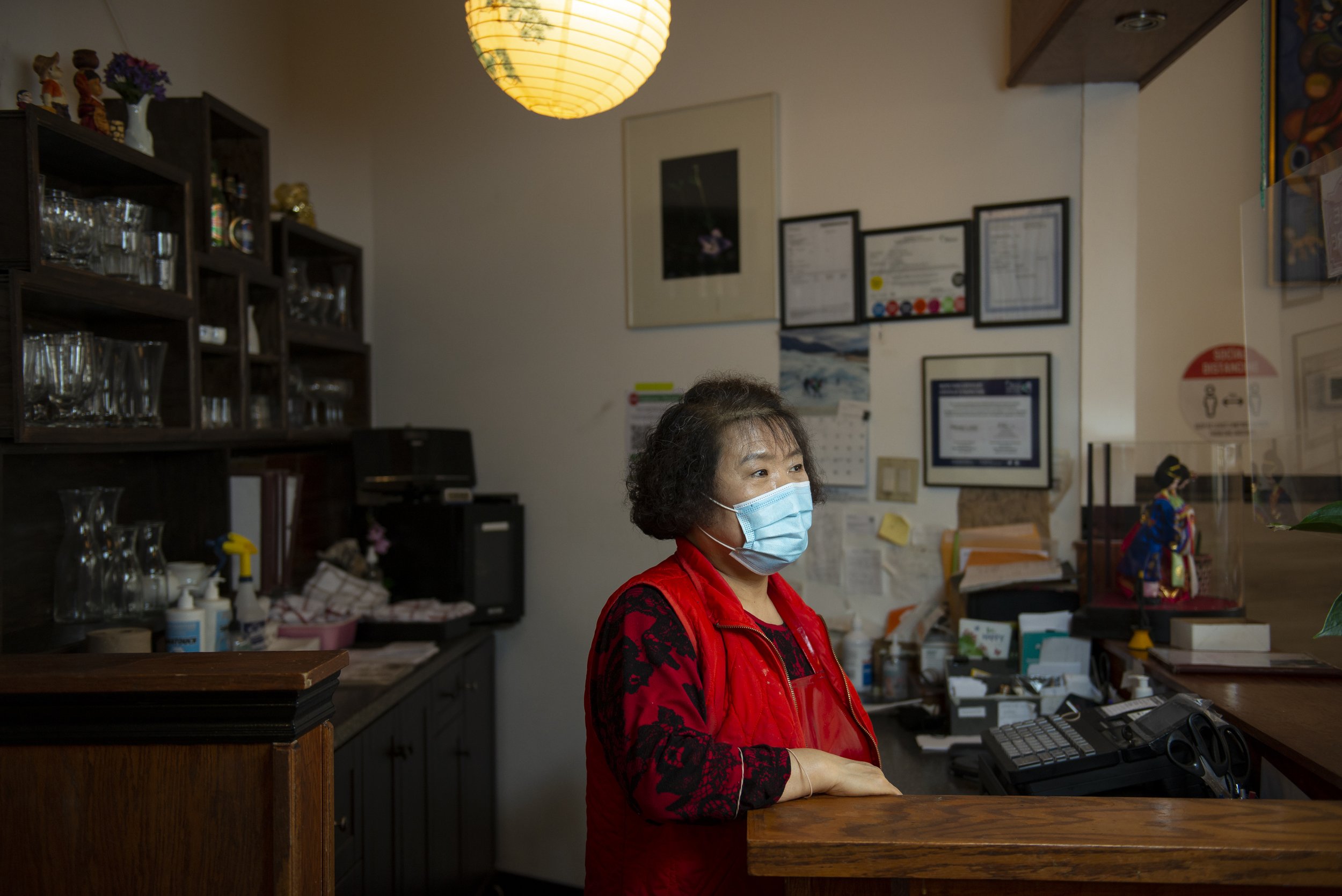
Kyung Rae La also knows the challenges and long hours of restaurant life.
After arriving in Canada in 1997 she worked in various Korean kitchens before opening her own restaurant, Mu Goong Hwa on Rideau Street in 2012 (she also raised two daughters here, though she jokes, "they mostly raised themselves.")
Though she starts her workday at 10 a.m. and doesn’t leave before 11 p.m., she says it’s worth it.
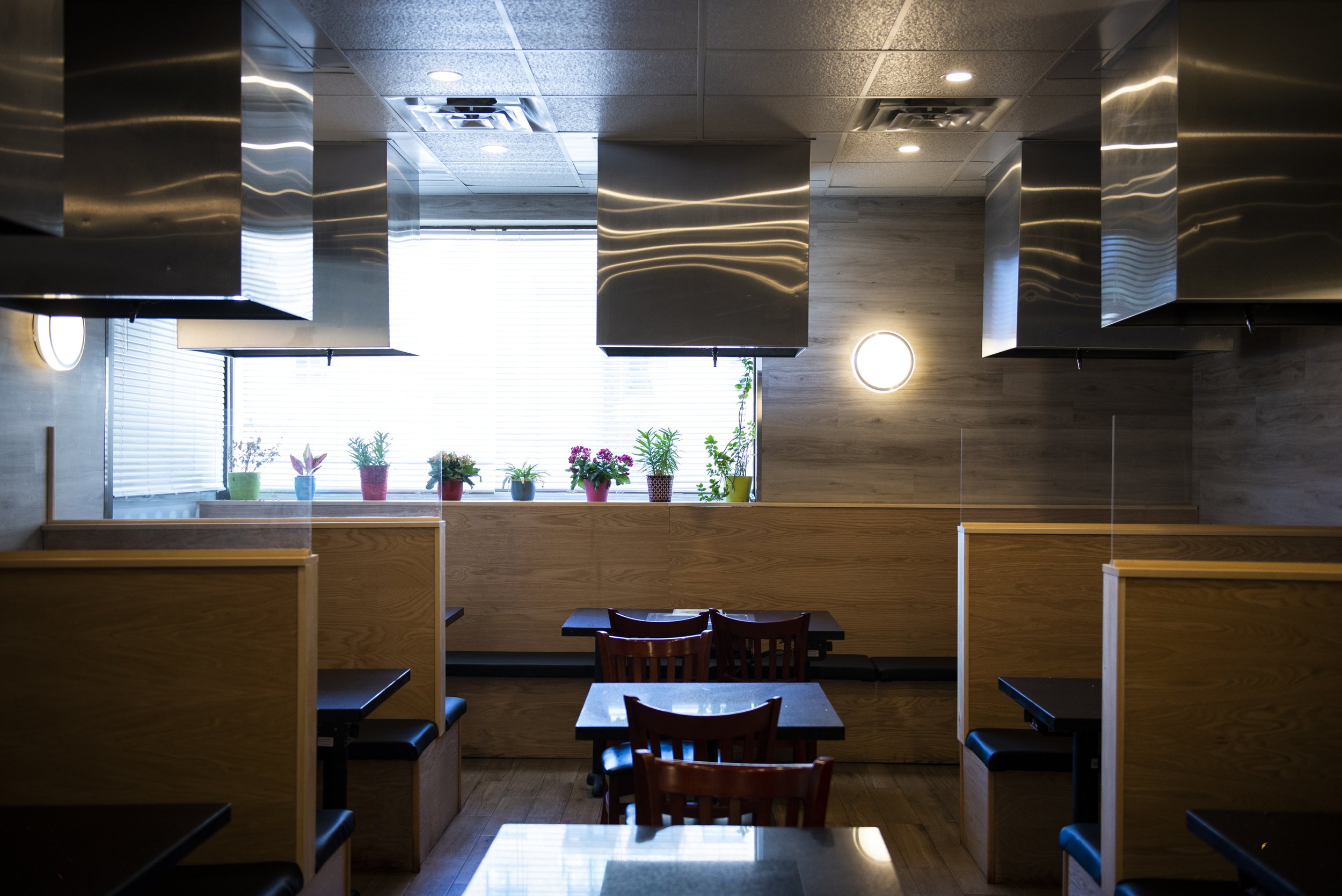
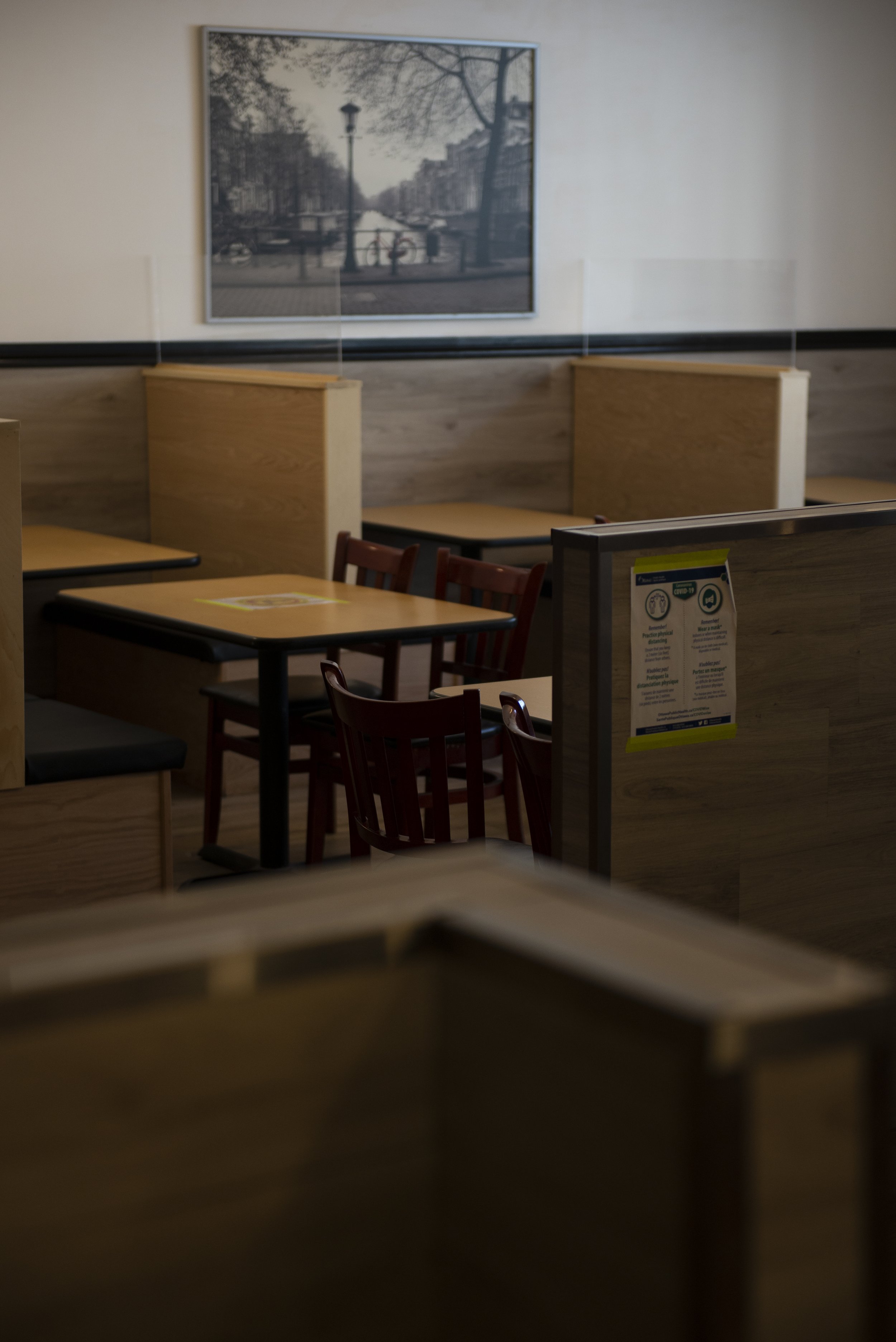
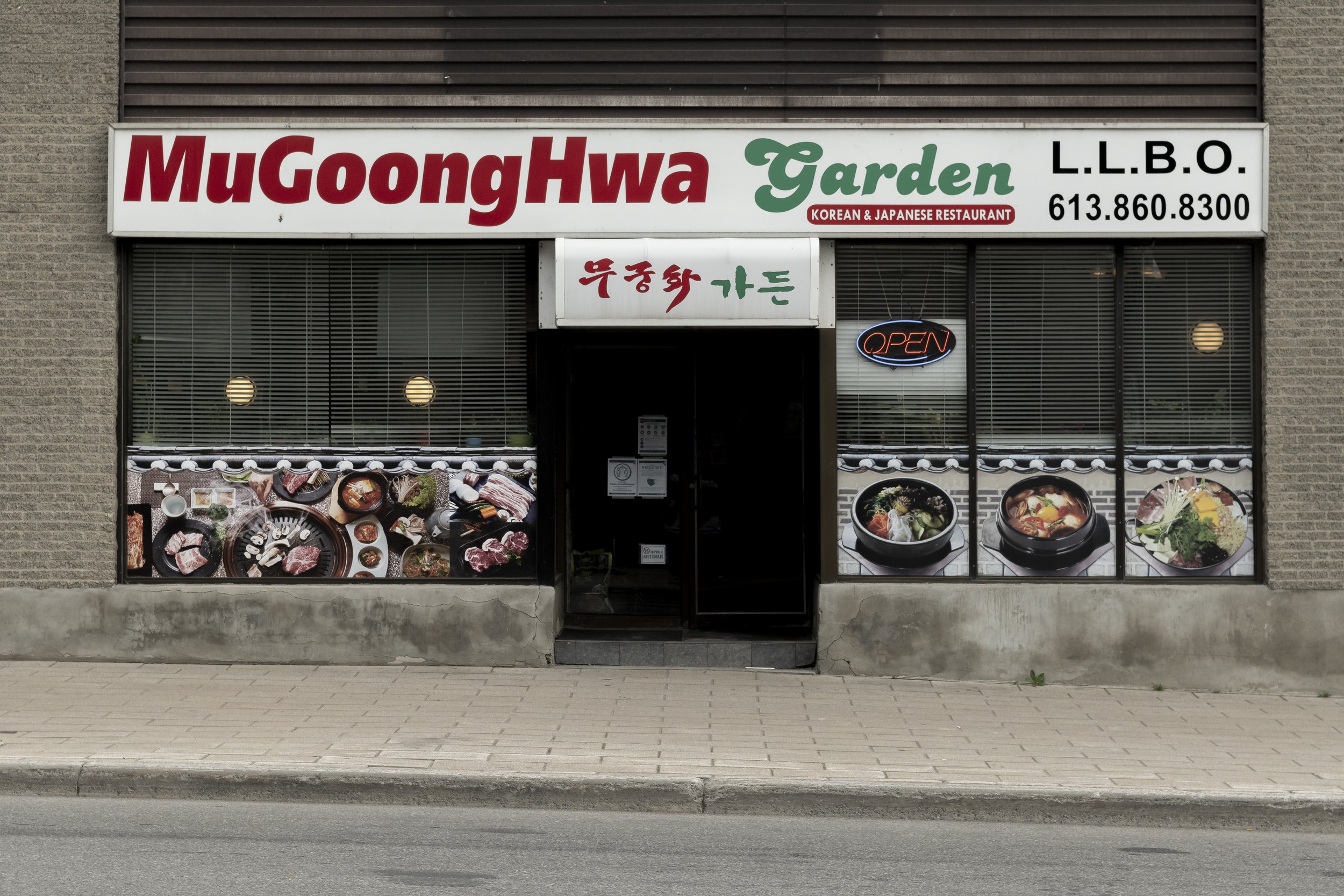
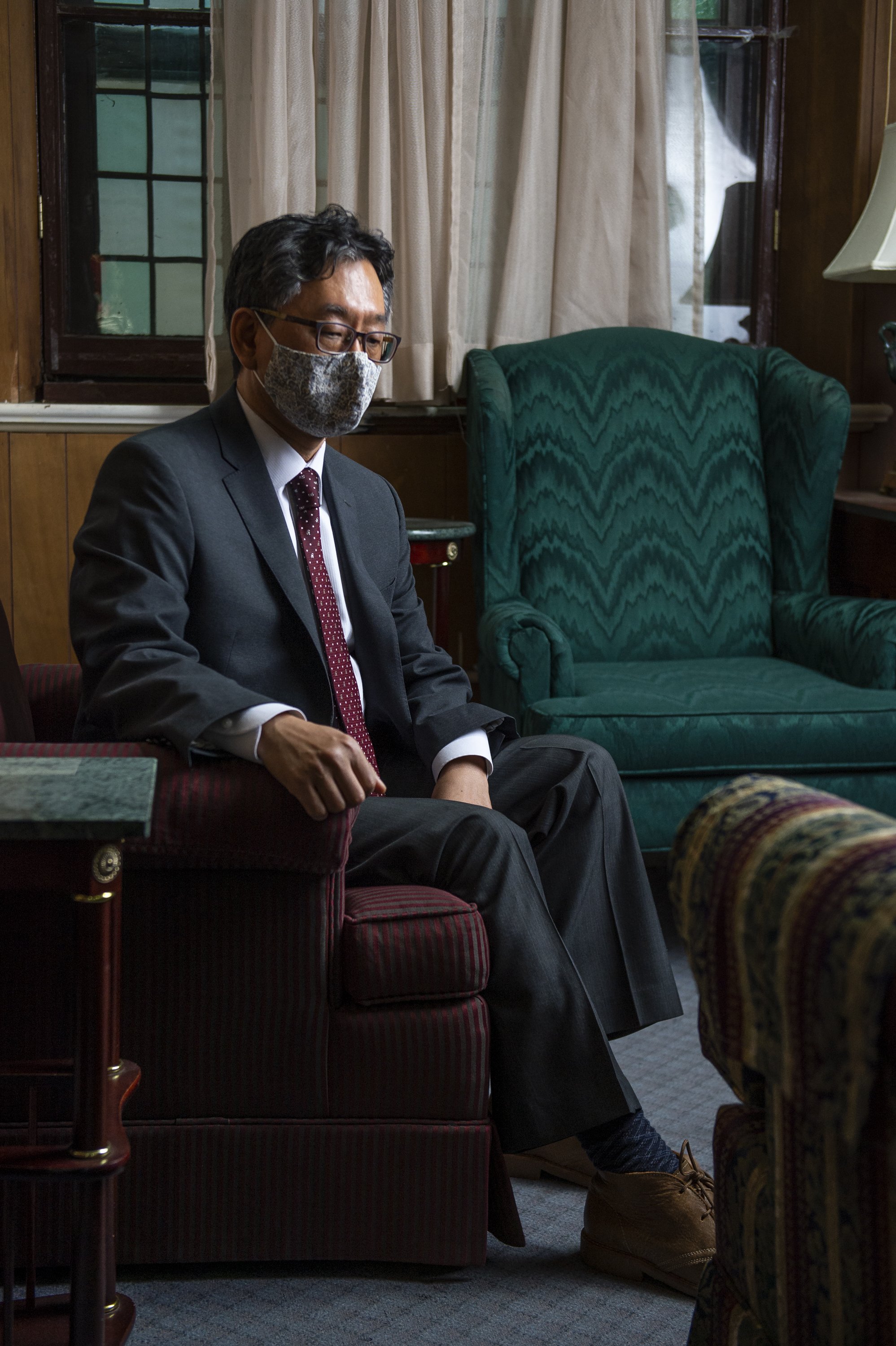
Though he’s a church pastor, Suk Jae Kang can also trace the evolution of this city’s Korean community through food.
He says when he started at the church in 2009 people would ask for general information about being Korean in Ottawa, or to find foods from home. Now, their focus is more spiritual.
“They come because they are Christians and want to attend worship,” he said.
“They no longer come because they are in need of kimchi.”
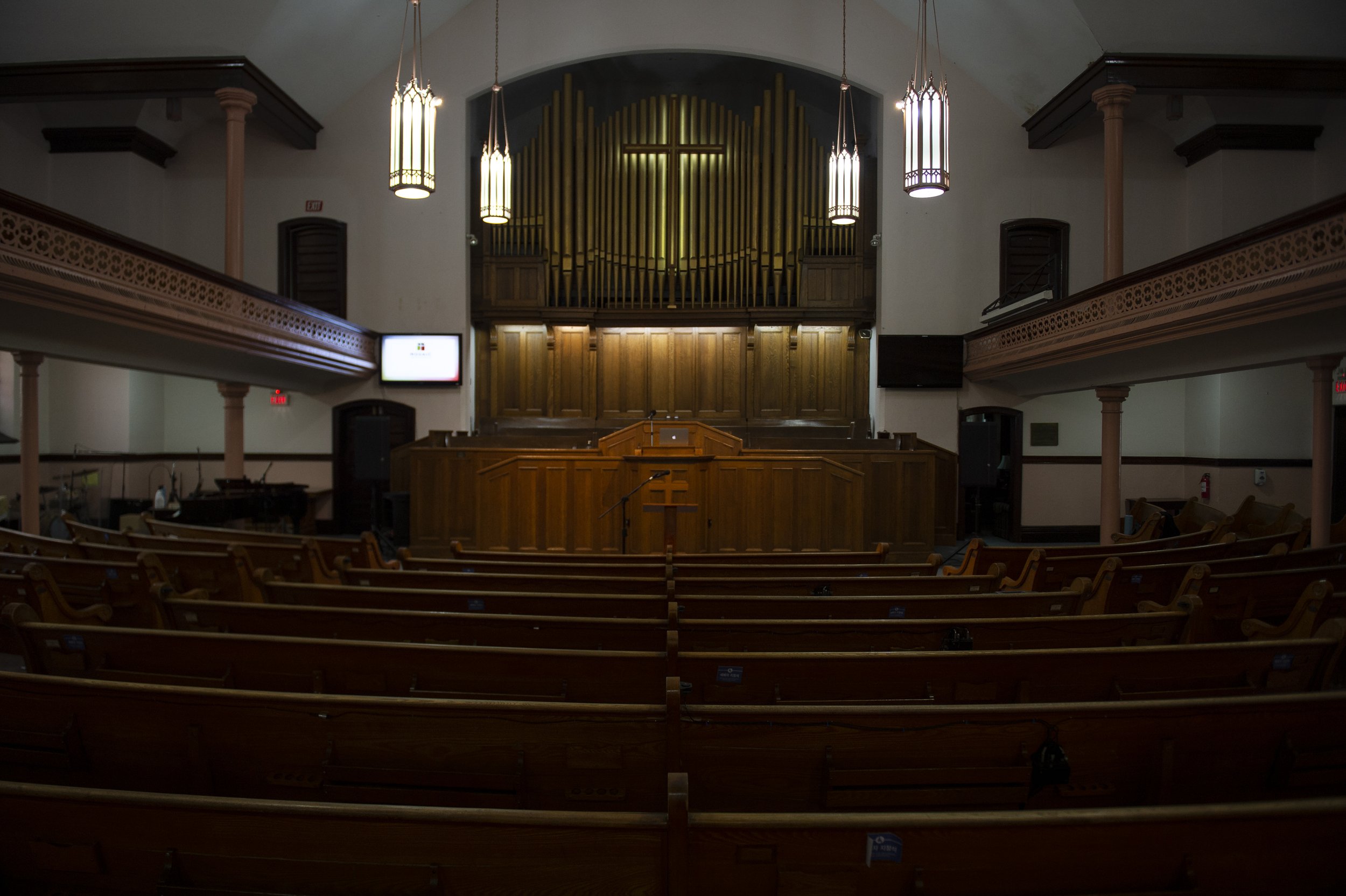
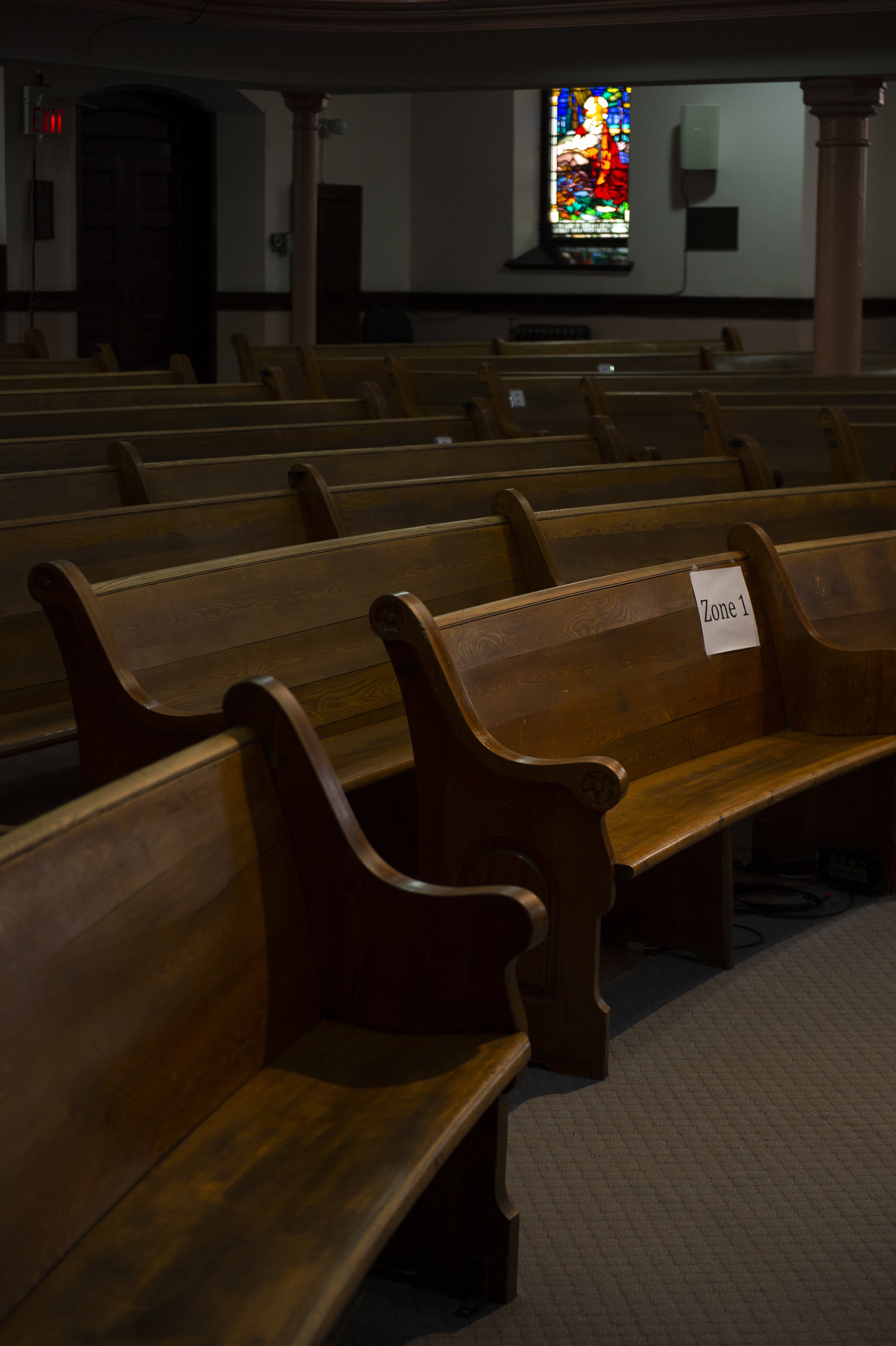
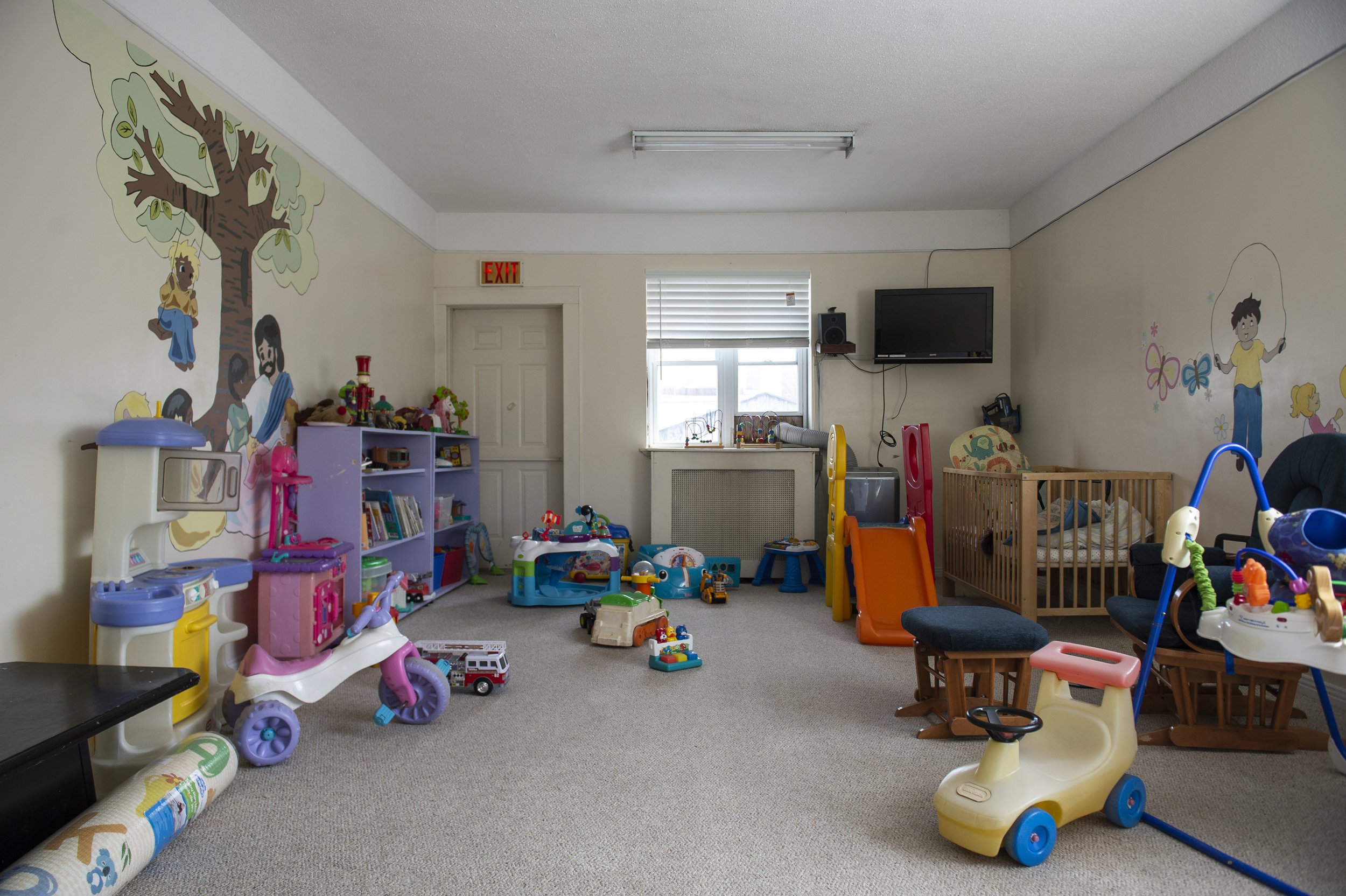
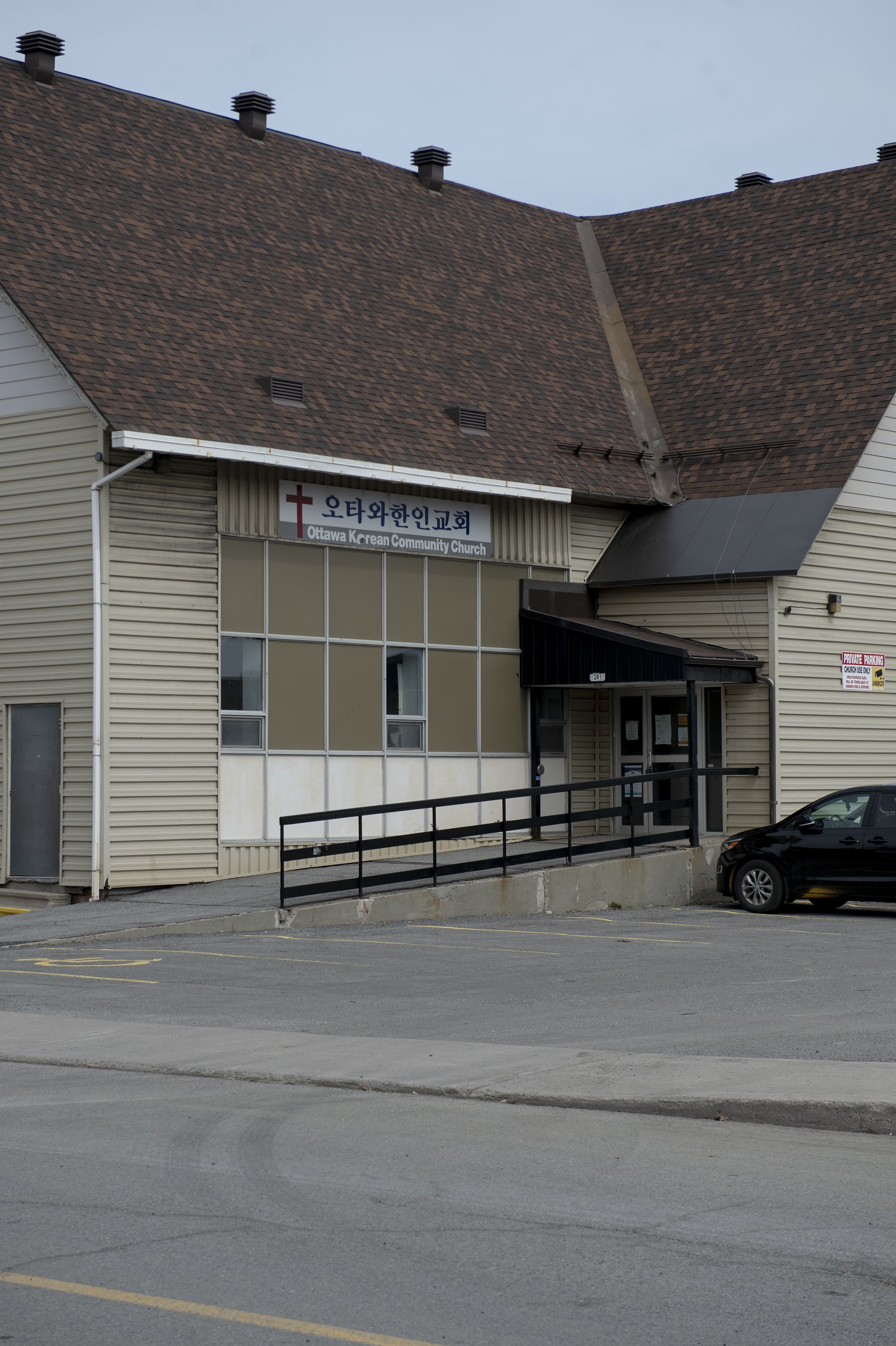

![Freelance photographer James Park, who came to Canada from Korea when he was 13 describes these as “spaces where I can relate, make connections and to a degree, find refuge.” “I wanted to ask about [the owners’] immigrant experience and why they co](https://images.squarespace-cdn.com/content/v1/54c15312e4b08c8849f3f3e0/1673540189136-QDTG0PEWHGSBI1Z6FHPD/_ND40432.jpg)




![On the other side of the Queensway, the co-owners of a relatively new Korean grocery store also see their space as open to the community — and those wanting to learn more about the culture — even if it is also a business. “Something [founder] Mr. Y](https://images.squarespace-cdn.com/content/v1/54c15312e4b08c8849f3f3e0/1673540270601-BMZ0HWZ67M68ODYHS0GP/_DSC5553.jpg)













Project published by CBC
James Park and Christine Maki
Excerpt from the story below.
They are among the first spaces where people in Ottawa’s Korean community gathered after arriving in the city — and where the next generations grew up.
But after decades of keeping the lights on, the chefs and owners at some long-standing restaurants, stores and other institutions in the community are thinking about closing their doors, and the pandemic didn’t help.
Freelance photographer James Park, who came to Canada from Korea when he was 13 describes these as “spaces where I can relate, make connections and to a degree, find refuge.”
“I wanted to ask about [the owners’] immigrant experience and why they continue to operate the space,” he said. Park also provided translation.
Follow the link below for the full story.
https://newsinteractives.cbc.ca/longform/spaces-and-faces-of-the-korean-community
For longtime Ottawa chef and restaurant-owner Sang Kon Jo, when customers stopped asking for Korean BBQ and started asking for more obscure delicacies, he realized how much taste buds had changed for people in his adoptive city during the many years he’d been cooking here.
“Nowadays because of K-pop and other influences, customers have been trying spicy foods and the response has been better than I thought,” he said.
SangKon started cooking in Ottawa in 1983 at Alilang, which was then the only Korean restaurant in Ottawa.
“Pierre Trudeau used to come and Justin Trudeau used to come holding the hand of his dad. During the last election, I closed the restaurant for the first time to go vote for Justin,” he recalled.
On the other side of the Queensway, the co-owners of a relatively new Korean grocery store also see their space as open to the community — and those wanting to learn more about the culture — even if it is also a business.
“Something [founder] Mr. Yang considers a lot is making sure to have items that Korean customers need available but doesn't necessarily have high profitability. He tries to think like a Korean customer,” explained SuJeong Yang, 26, who is the youngest co-owner of the store, which opened just three years ago.
Kyung Rae La also knows the challenges and long hours of restaurant life.
After arriving in Canada in 1997 she worked in various Korean kitchens before opening her own restaurant, Mu Goong Hwa on Rideau Street in 2012 (she also raised two daughters here, though she jokes, "they mostly raised themselves.")
Though she starts her workday at 10 a.m. and doesn’t leave before 11 p.m., she says it’s worth it.
Though he’s a church pastor, Suk Jae Kang can also trace the evolution of this city’s Korean community through food.
He says when he started at the church in 2009 people would ask for general information about being Korean in Ottawa, or to find foods from home. Now, their focus is more spiritual.
“They come because they are Christians and want to attend worship,” he said.
“They no longer come because they are in need of kimchi.”
